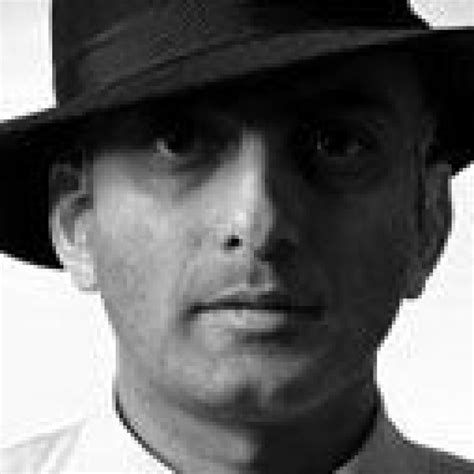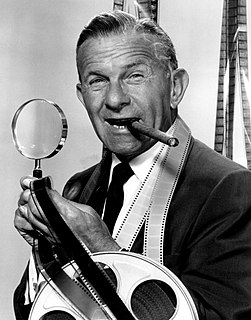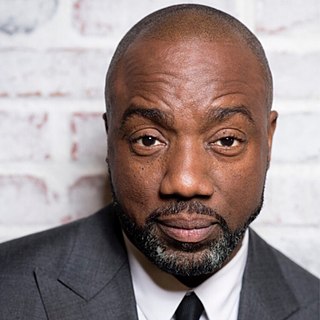A Quote by Suhayl Saadi
I know people who've passed every creative writing course under the sun and who are more analytically intelligent and far better-read than I, but who just can't write either fiction or drama. It's like any art-form. In order for talent to be developed, crafted, it's got to be there in the first place.
Related Quotes
I tend to like the way poets form communities. Writing can be lonely after all. Modern life can be lonely. Poets do seem to be more social than fiction writers. This could be because of poetry's roots in the oral tradition - poetry is read aloud and even performed. I'm just speculating, of course. At any rate, because poets form these groups, they learn from one another. That is one of the best things about being a poet.
Everybody should read fiction… I don’t think serious fiction is written for a few people. I think we live in a stupid culture that won’t educate its people to read these things. It would be a much more interesting place if it would. And it’s not just that mechanics and plumbers don’t read literary fiction, it’s that doctors and lawyers don’t read literary fiction. It has nothing to do with class, it has to do with an anti-intellectual culture that doesn’t trust art.
No one can teach writing, but classes may stimulate the urge to write. If you are born a writer, you will inevitably and helplessly write. A born writer has self-knowledge. Read, read, read. And if you are a fiction writer, don't confine yourself to reading fiction. Every writer is first a wide reader.
No one can teach writing, but classes may stimulate the urge to write. If you are born a writer, you will inevitably and helplessly write. A born writer has self-knowledge. Read, read, read. And if you are a fiction writer, dont confine yourself to reading fiction. Every writer is first a wide reader.
In order to dream so far, is it enough to read? Isn't it necessary to write? Write as in our schoolboy past, in those days when, as Bonnoure says, the letters wrote themselves one by one, either in their gibbosity or else in their pretentious elegance? In those days, spelling was a drama, our drama of culture at work in the interior of a word.
Write what you want to read. So many people think they need to write a particular kind of book, or imitate a successful style, in order to be published. I've known people who felt they had to model their book on existing blockbusters, or write in a genre that's supposed to be "hot right now" in order to get agents and publishers interested. But if you're writing in a genre you don't like, or modeling yourself on a book you don't respect, it'll show through. You're your first, most important reader, so write the book that reader really wants to read.
Now, the world is more than it seems to be. You know this, of course, because you read stories. You understand that there is the surface and then there are all the things that glimmer and shift underneath it. And you know that not everyone believes in those things, that there are people—a great many people—who believe the world cannot be any more than what they can see with their eyes. But we know better.
In general, I feel, or I have come to feel, that the richest writing comes not from the people who dedicate themselves to writing alone. I know this is contradicted again and again but I continue to feel it. They don't, of course, write as much, or as fast, but I think it is riper and more satisfying when it does come. One of the difficulties of writing or doing any kind of creative work in America seems to me to be that we put such stress on production and material results. We put a time pressure and a mass pressure on creative work which are meaningless and infantile in that field.

































